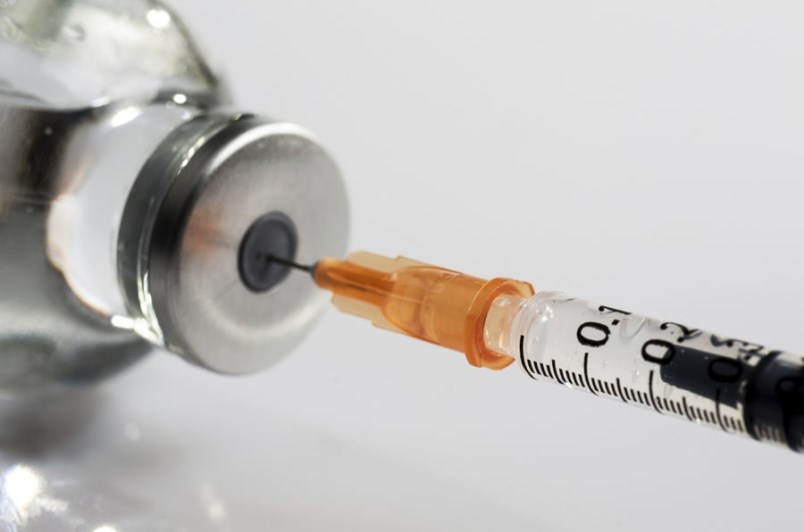With more and more of B.C.’s population receiving their coronavirus (COVID-19) vaccine, questions regarding the vaccine’s rollout have continued to pour in. Questions like whether immunization can be passed on to infants through breast milk are all on the table and ImmunizeBC has endeavoured to .
We're breaking down the five-most asked questions and sharing ImmunizeBC's responses.
With several vaccine options available and each with its own levels of effectiveness, one of the most asked questions fielded by ImmunizeBC is if B.C. residents will be able to choose which brand and type of COVID-19 vaccine they want to receive.
ImmunizeBC: While there are many different brands of COVID-19 vaccines at this point, just like other vaccines, you cannot choose the specific brand you get.
We don’t deny that there are differences between vaccine brands. You may even have a preference based on your comfort level or other considerations. However, what we can say is that what is offered to you is the best one to keep you safe and protected as soon as possible, for as long as possible.
Want answers to the COVID-19 vaccine questions being asked right now? Check out our 'New COVID-19 Questions Added This Week' section, where we highlight the newest user-submitted questions.
— ImmunizeBC (@ImmunizeBC)
While it is possible to delay receiving your vaccine in the hopes of getting a different brand there is no guarantee that you will get a specific brand of vaccine later.
ImmunizeBC: As the circumstances around the COVID-19 vaccines change frequently, and shipments are inconsistent week to week, you will not know which brand you are getting until you arrive at the vaccination site.
Others are concerned as they have a disease/illness that makes me more at-risk for COVID-19 (like diabetes) and are asking if they will get the vaccine before others.
ImmunizeBC: People aged 16 to 74 who are and have received their patient invitation letter can get vaccinated. You can book a vaccine appointment for yourself or have a family member or friend call for you. People on the clinically extremely vulnerable list include diabetics on insulin.
If you're on the clinically extremely vulnerable list, you will receive a patient invitation letter. The letter will be mailed to your home address on file with your Personal Health Number.
Then there are those who are recovering from an illness like shingles, a cold, or chickenpox and are wondering when it will be safe for them to get the vaccine.
ImmunizeBC: In general, it is safe for you to get the COVID-19 vaccine, even if you are recovering from an illness, but:
- If you have a new illness preventing you from performing your regular activities, you should wait to get immunized until you have recovered. This will help to distinguish potential side effects of the vaccine from worsening of your other illness.
- Also, waiting until you are recovered from an infectious illness like chickenpox (an illness that can spread from person to person) ensures that you’re not putting others at risk of infection when you come for your vaccine.
Great to see support from BC celebs!
— ImmunizeBC (@ImmunizeBC)
According to the province’s COVID-19 dashboard, 1,785,599 residents have received their first dose and 91,731 have received their second. The wait between these shots can be up to four months, it is this delay that has left many wondering if the vaccine still works if there is a long time between doses.
ImmunizeBC: The National Advisory Committee on Immunization (NACI) states the following: “experience with other multi-dose vaccinations after a single dose suggests persistent protection could last 6 months or longer in adolescents and adults.”
Generally, vaccine manufacturing companies and national vaccine advisory bodies specify a minimum interval between vaccine doses but do not specify maximum intervals.
This is because for most vaccines, antibody levels (immunity) will go down over time and do not suddenly fall below protective levels. Even months or years later, another vaccine dose can boost antibodies (immunity) to higher levels.
In fact, for many vaccines, a longer interval to the booster dose results in higher antibody levels. High antibody levels are associated with a longer duration of protection. So this is how we know that the 4-month interval between doses 1 and 2 of the COVID-19 vaccines is okay.



